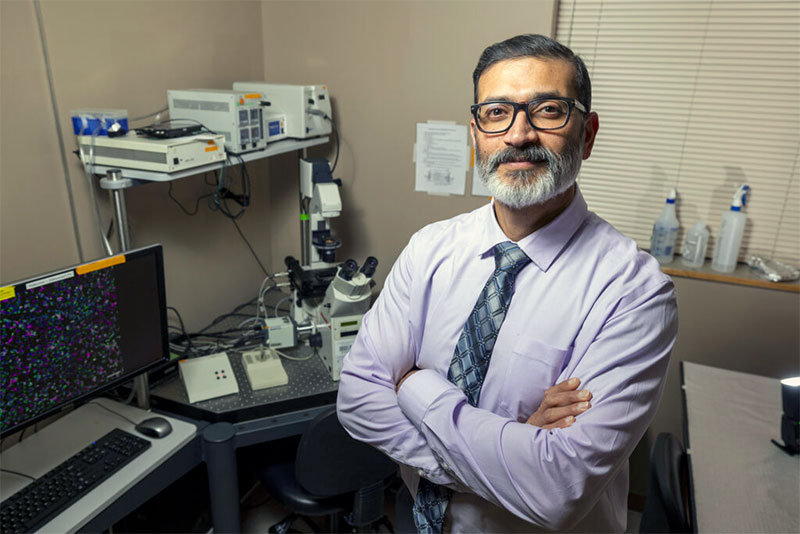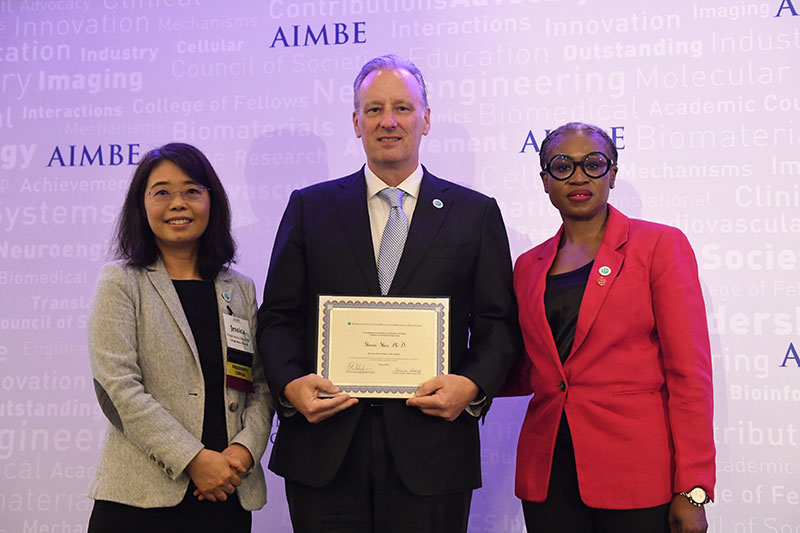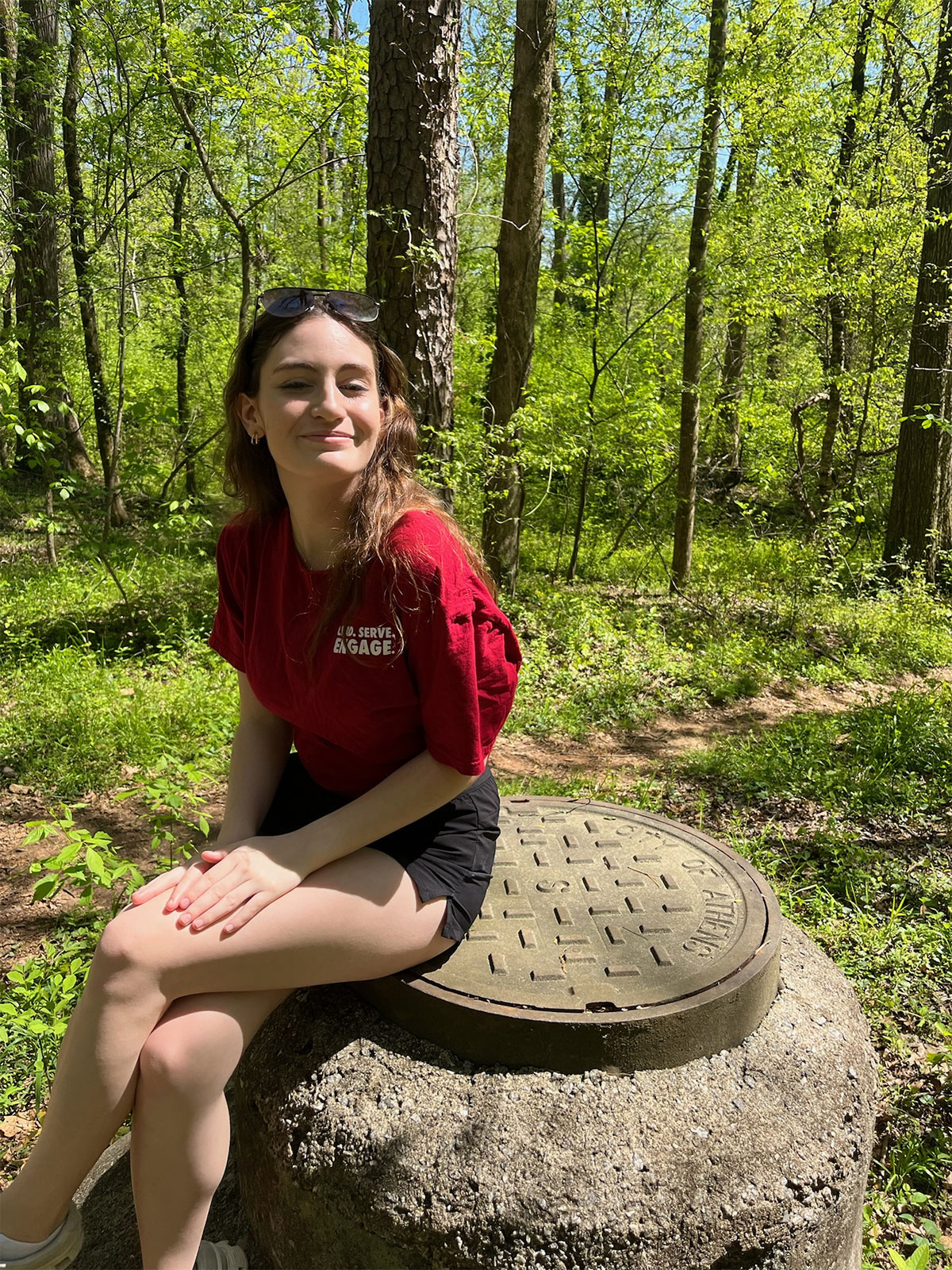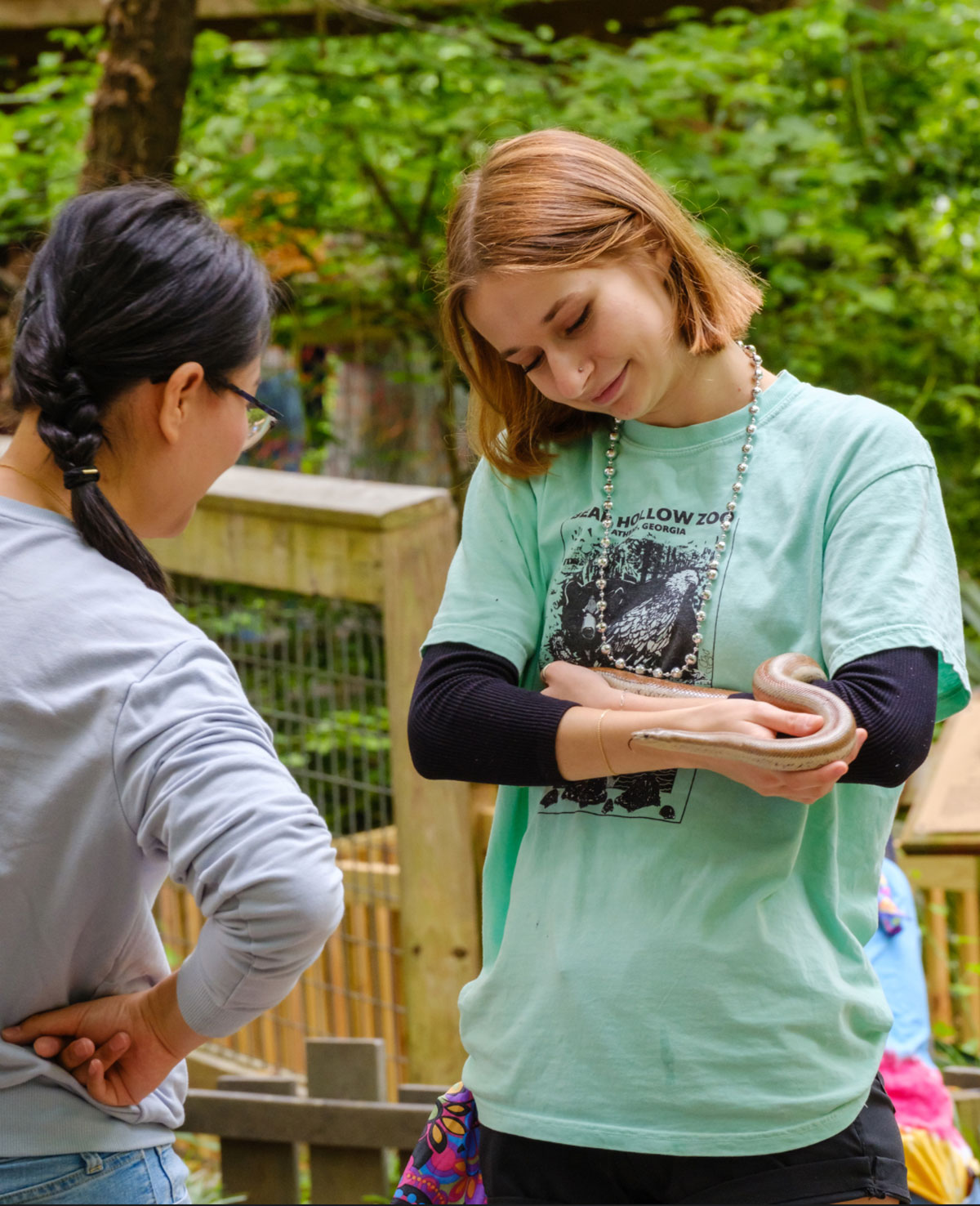Charlene Betourney
-

Lohitash Karumbaiah solves problems with regenerative bioscience Article By Claire Sanders Kinnard Sitting in his office at the Edgar L. Rhodes Center for Animal and Dairy Science at the University of Georgia, Lohitash Karumbaiah reflects on his path from working in the agricultural biotechnology industry in India to his current role researching ways to help…
-

Amruta abstract’s “Neural stem cell-derived extracellular vesicles (AB126) ameliorate SOD1-induced inflammation in ALS Mouse Model” will be presented at the ISCT 2025 New Orleans Scientific Annual Meeting. ISCT received a very large number of abstract submissions this year, and with this announcement Amruta received a $500 USD Top Scoring Exosomes Abstract Award, sponsored by ISCT.…
-

The Center for Teaching and Learning administers the Excellence in Teaching Award (ETA), sponsored by the Graduate School. This highly competitive award recognizes UGA graduate students who have demonstrated superior teaching skills and contributed to teaching beyond their own classroom responsibilities. The Excellence in Teaching Award is the top teaching award for graduate students at…
-

Christina is a Neuroscience Ph.D Student in the Roberts-Galbraith Lab. Her current research focuses on understanding how neuropeptides influence stem cell function and regeneration utilizing an animal capable of robust regeneration called the planarian. Christina was awarded the ARCS scholarship after submitting a two-phase application. The first phase consisted of two letters of recommendation, a…
Posted in: Spotlight on Students






